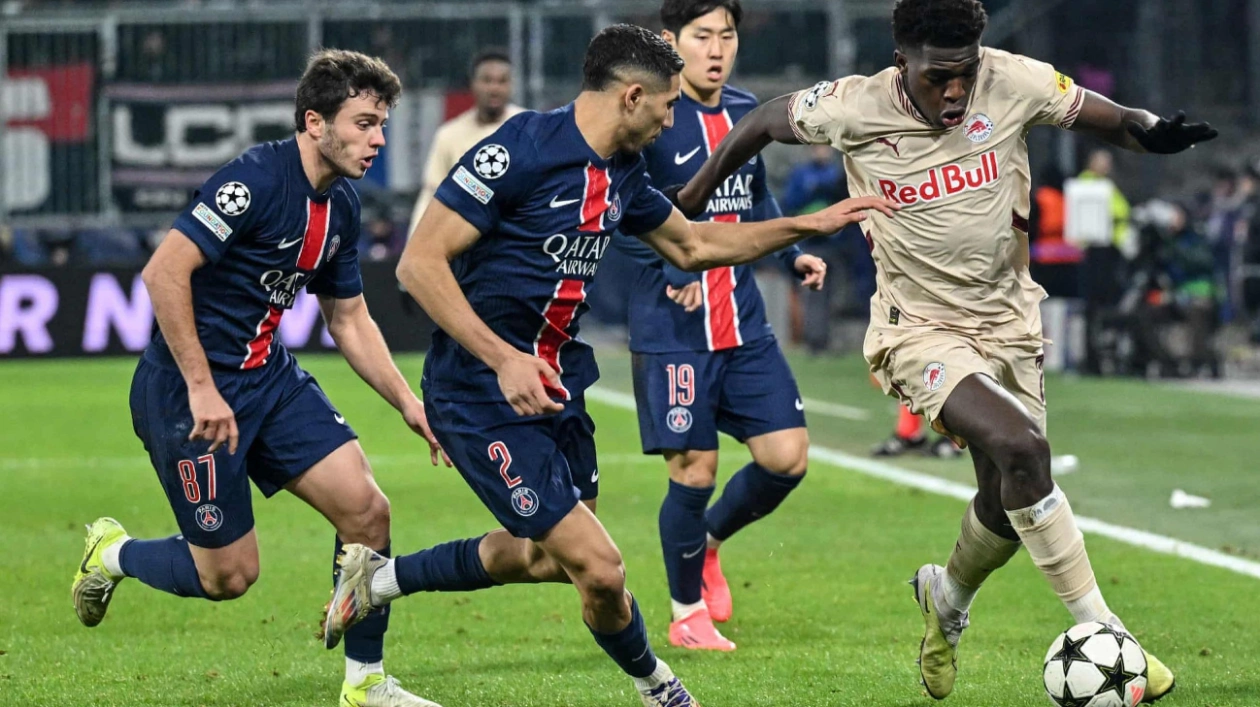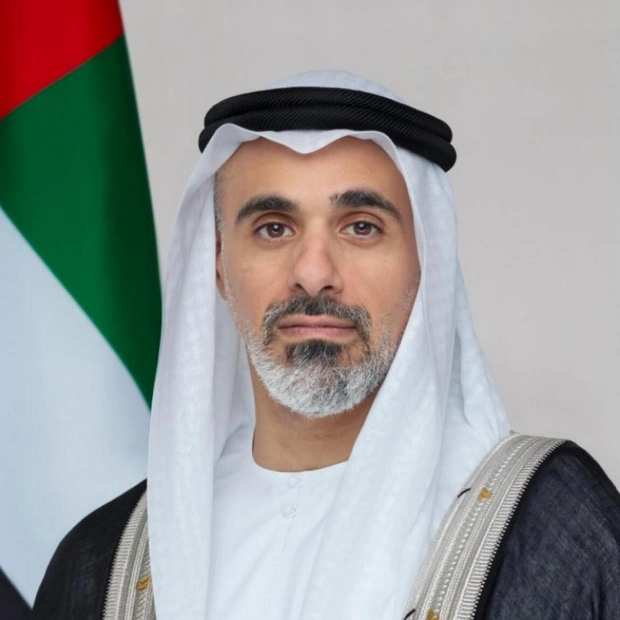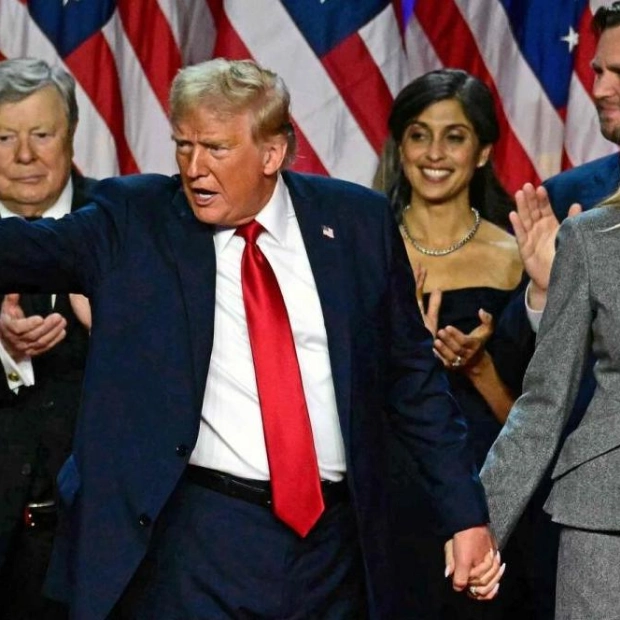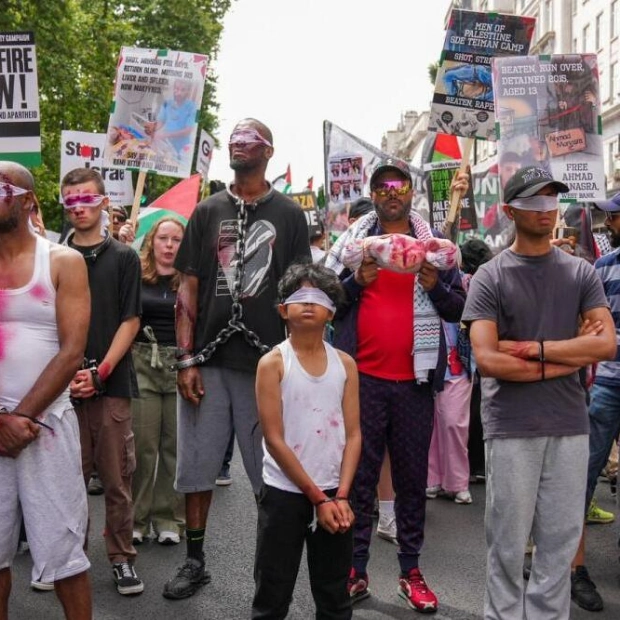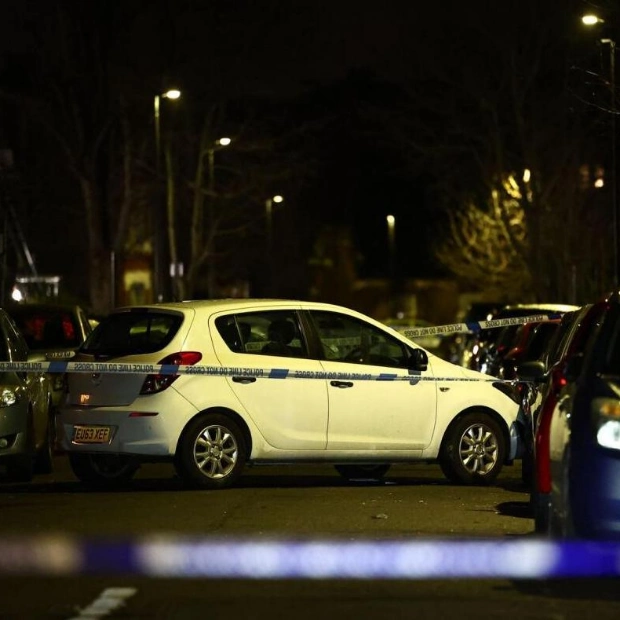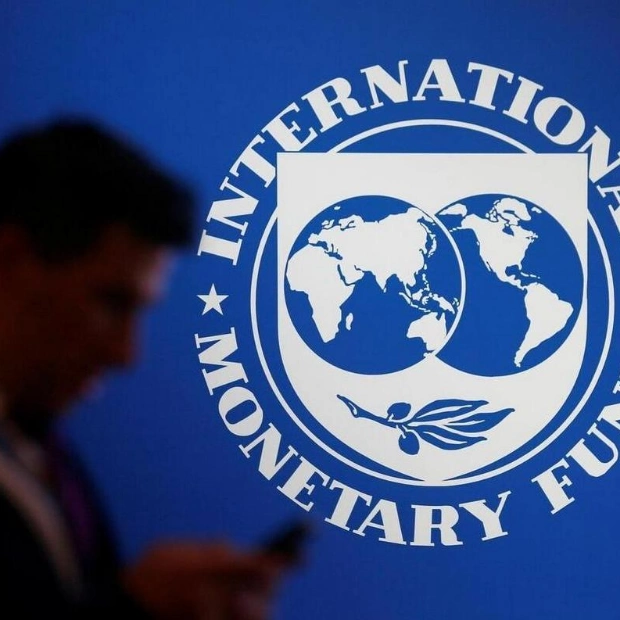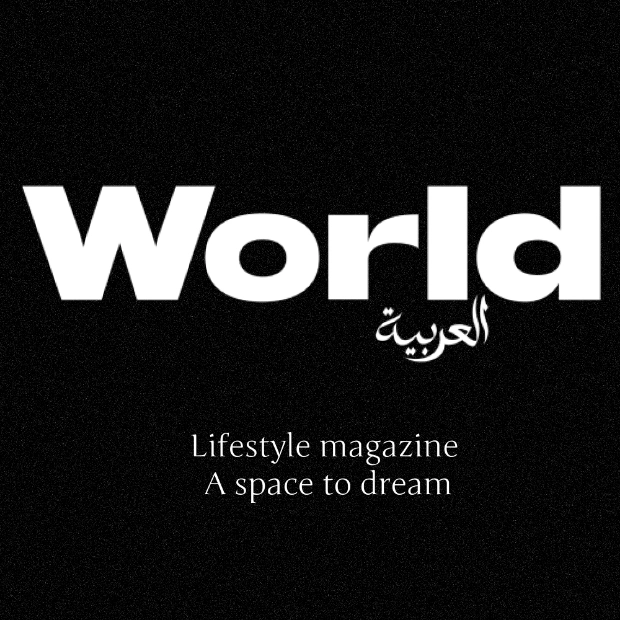Art is often defined by its ability to pose profound questions. Why does this thing exist? Why is this process unfolding? And is there a way to halt it? In this light, Paris Saint-Germain's 3-0 victory over Salzburg at the Red Bull Arena on Champions League matchday six can be seen as a masterpiece. After a tedious yet uneventful match, PSG managed to shift their prospects from uncertain to cautiously optimistic, edging closer to avoiding a dose of grand sporting irony.
The new UEFA format, designed to secure broadcast revenue for the elite, made it likely that one of Europe's top clubs would falter. PSG, starting poorly in the competition, found themselves 25th in the standings and needing to win at least two of their remaining three games to advance. Fortunately, they faced Salzburg, a team not only out of their depth but also embodying a sense of anti-energy and inauthenticity. With high-caliber players like Achraf Hakimi and Nuno Mendes, PSG were destined to win.
The match, however, was far from a showcase for football. For long stretches, it resembled a poor advertisement for the sport itself, interspersed with moments of mediocrity. It was a surreal encounter between two teams that felt more like projects than genuine competitors. The entire spectacle was a blend of advertising and power, with the mask of authenticity slipping entirely.
Early in the game, simple passes went astray, and PSG retained possession simply because no one else seemed to consider an alternative. Gonçalo Ramos missed a sitter, showcasing an almost elite level of precision in missing the goal. This version of PSG is a curious blend of meandering play, with possession but little penetration. The intricate passing and vast possession speak to the club's broader direction, with significant financial and PR efforts expended without clear purpose.
PSG took the lead in the 28th minute when Ramos scored from close range, capitalizing on Salzburg's inability to defend. Salzburg, despite being a poor team, has a unique identity as a soft-drink-sponsored vehicle for youthful talent. With a squad dominated by players aged 17-22, they felt more like a TV commercial than a football team. Against PSG, they lacked pattern, chemistry, or basic know-how, relying instead on flicks and sudden bursts of energy.
Nuno Mendes and Désiré Doué added second-half goals, securing a straightforward win with 70% possession. Perhaps these two teams will meet again at next summer's FIFA Club World Cup. Salzburg's qualification, based on UEFA rankings and a tangle of rules, feels like a marketing ploy rather than a genuine achievement. PSG, meanwhile, are in a decent position to make the playoffs, though it's unclear if this will lead to significant change.
The club remains a paradox—a beautiful yet obscene entity, dominating the domestic league but still struggling to find its place at the highest level. Their victory in Salzburg offers another chance to fulfill their destiny, though failure seems more likely, continuing a narrative of wasted potential that remains oddly compelling.
Source link: https://www.theguardian.com
